One of the reasons that coalition governments are so unusual in Britain is that both main parties are coalitions themselves. The Tories have long been a party of both social conservatives and libertarians, Eurosceptics and Europhiles, buccaneering free traders and economic nationalists. Labour has always brought together Methodists and Marxists, middle-class liberals and working-class trade unionists, hawks and doves. These internal alliances mean the parties mostly avoid the need for an external one. But the Labour and Conservative coalitions are nearing breaking point.
Labour’s problem is that its far left now dominates, making the party unbalanced. The two years since Jeremy Corbyn won the leadership have seen his wing gain ever more control. When Corbyn first became leader, most of the shadow cabinet made no effort to hide their doubts about his agenda. But Corbyn can now impose collective responsibility on it. Several of those who at first refused to serve under him are now trying to worm their way on to the front bench.
Even the party’s various committees, where the organisational skills of the old Labour right used to act as a bulwark against left-wing domination, are now coming under Corbynite control. The leadership can now put together a majority on the National Executive. Momentum-backed candidates romped to victory in the elections for the conference arrangements committee.
Changing the rules to reduce the number of parliamentary nominations that a candidate needs to stand for leader used to be regarded as the test of the Corbynites’ institutional strength. The Corbynites probably do have the votes to pass this change at this month’s conference. But the truth is that it is far less important than before because there are far more Corbynite MPs now than there were two years ago, when he had to rely on the indulgence of Labour MPs, who should have known better, to get on the ballot. Next time round, a left-wing candidate will find it fairly straightforward to make it through to the membership vote, even if that still requires the support of 15 per cent of MPs. Indeed, it is possible that the left is now set for a period of dominance akin to the right’s control during the Blair/Brown era.
The question then becomes: will the moderates stay and fight to save their party, or will they decide that they need to find a new home elsewhere? Many moderates thought the decision would be made for them; that they would be chased out of the party. But the Corbynites are keeping their powder dry. Moderates aren’t being deselected yet.
Labour’s leadership has realised that a new, centrist party could keep it out of office. Even if this new party only polled in the single digits, it would draw its support disproportionately from Labour voters. This could have a crucial effect in those key swing seats that Corbyn needs to win. This desire not to give the moderates a casus belli goes some way to explaining why Labour’s position on Brexit is softening. By indicating that the party is open to the possibility of staying in the single market, the shadow cabinet is denying pro-single market Labour MPs a reason to walk out.
Whether the Labour coalition can be kept together for the whole of this parliament remains to be seen. At some point, candidates will have to be selected to fight the next election. When this moment comes, the Corbynites will have to choose between remaking the parliamentary party in their own image and risking splitting the party.
The most obvious threat to the Tory coalition is Brexit. One of the main reasons why Theresa May remains in place is Tories fear a leadership contest before then could turn into the bloodiest battle of the party’s long civil war over Europe. But even once Brexit is done there will be forces pulling at the Tory coalition. There are those Tories, including some in the cabinet, who think British politics is following an American path, with identity replacing economics as the prime determinant of people’s vote. By this logic, the Tories should be going after working-class voters worried about immigration and economic insecurity. They argue the party has a better chance of winning over Bishop Auckland in Co. Durham, which voted Leave and which Labour held by just 502 votes, than of taking back Canterbury, where university students and graduates swung the seat to Labour.
Tories who believe culture is becoming the dominant force in politics point to the fact that the Tories now have a bigger majority in Sherwood, a seat dominated by the former mining town of Hucknall, than they do in the home of high finance, the constituency of the City of London and Westminster.
Other Tories take a very different view. The ‘modern moderates’, as one minister dubs the group, regard winning back the seats lost at the last election as key. Many in this group are attracted to the idea of Amber Rudd as May’s successor because they think she’ll appeal to those professional-class voters the Tories have alienated.
Yet another set of Tories have a slightly different approach. They want to use Brexit to make the UK economy even more open. They want this country to embrace free trade and competition and are relaxed about immigration. Such an approach, though, is unlikely to win over those in traditionally Labour seats who are pessimistic about their economic prospects. So it would require the Tories to target fast-growing parts of the country instead.
The past two election campaigns have shown how important it is for the Tories to broaden their coalition, and how difficult. In 2015, a Tory campaign whose targeting was almost perfect garnered a majority of 12. The reason it was not larger was that the party couldn’t make significant gains in Labour areas in the north and the Midlands. This year, the Tories made much more of an effort to win over these voters, with some success. But the tone they struck combined with the policies they came up with alienated some of their traditional supporters.
Victory at the next election will go to the party that does a better job of managing its own electoral coalition. This makes it imperative that the Tories’ next leader is someone who can find a way to add to the Tory pool and reassure its existing members.
James Forsyth, Isabel Hardman and Richard Angell discuss internal tribalism on the Spectator Podcast.
Got something to add? Join the discussion and comment below.
Get 10 issues for just $10
Subscribe to The Spectator Australia today for the next 10 magazine issues, plus full online access, for just $10.
You might disagree with half of it, but you’ll enjoy reading all of it. Try your first month for free, then just $2 a week for the remainder of your first year.


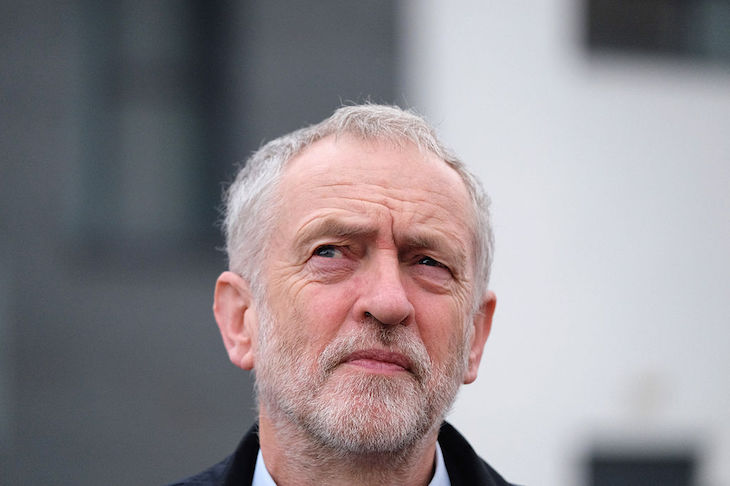
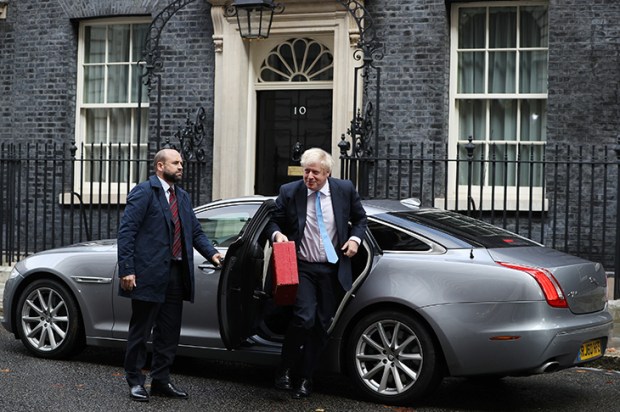
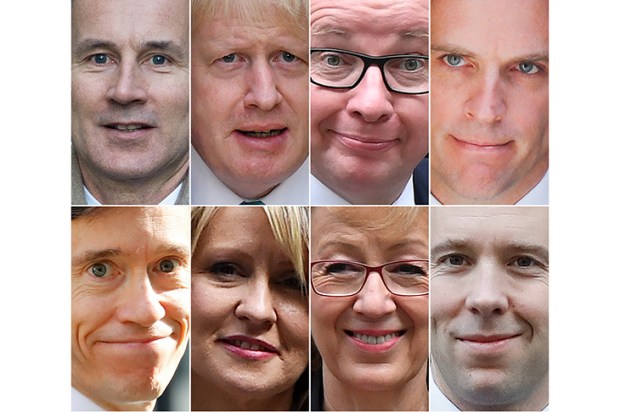

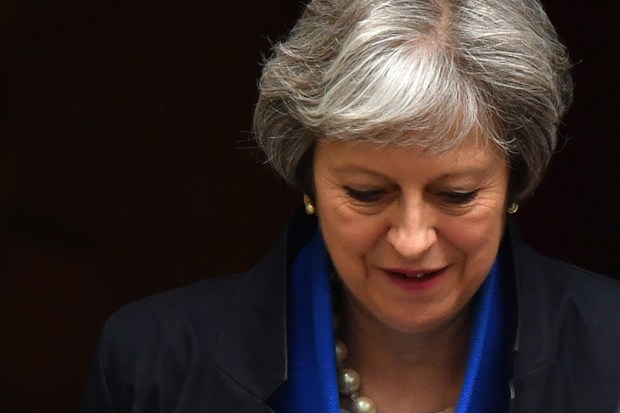

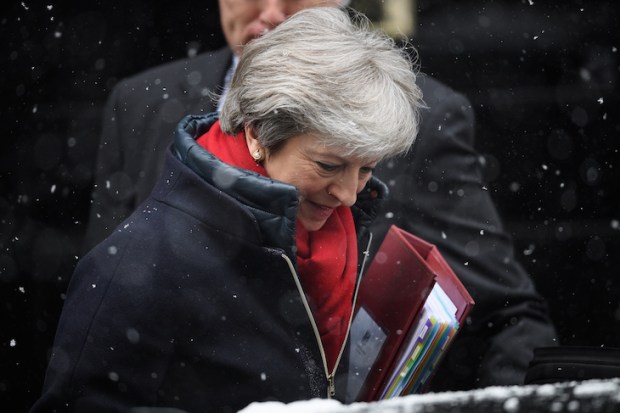






Comments
Don't miss out
Join the conversation with other Spectator Australia readers. Subscribe to leave a comment.
SUBSCRIBEAlready a subscriber? Log in